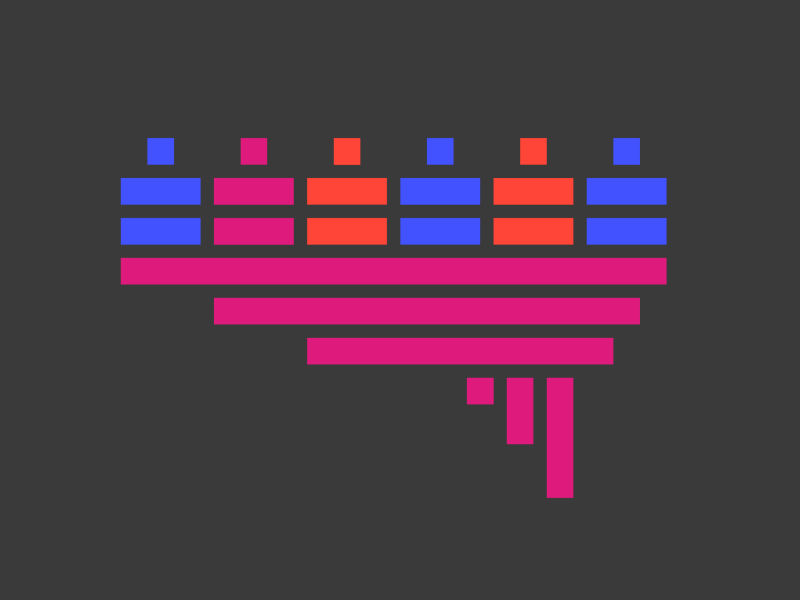As the US economy attempts to recover from the Covid-19 pandemic and lurches toward a potential recession, the labour market has remained remarkably tight. Job openings remain far more numerous than unemployed workers. Companies say they are still struggling to find not just workers but workers who possess the critical in-demand skills they require.
In response, institutions of higher education are leveraging national data and analytics – and working more directly with employers themselves – to better understand labour market conditions and position their graduates for success in the workforce.
But meeting employer demand is just one piece of the workforce puzzle. Colleges and universities must also take into account the human element in delivering the best possible education – their students’ hopes and dreams, their skills and experiences, their interests and fears. To create a workforce-ready group of graduates, especially in adult-serving institutions, universities must listen to what learners want and need from their education and respond to them as individuals.
- I know first-hand that adult learners need a variety of supports to succeed
- Why higher education must serve students as the customer and the product
- Resources on lifelong learning
In recent years, many colleges and universities have looked only to serve student career aspirations as, essentially, employment brokers. They educate people, award them certificates or degrees and use career fairs, on-campus interviews and the career services office to connect their graduates with companies that might be interested in hiring them. But this transactional and one-sided approach often feels more tilted towards companies.
In a drive to support their students, colleges have been quick to insert “interchangeability” into the curriculum. While there are good reasons to have common standards and quality across programmes and institutions, this approach risks converting learning and learners into interchangeable pieces that can be bluntly applied to companies’ current challenges.
Despite these company-friendly practices, the unemployment rate for recent college graduates remains stubbornly higher than that of the nation as a whole. Far too many degree holders are toiling in jobs that don’t require the skills and knowledge they acquired in college. Clearly, higher education is falling short in its role of employment matchmaker.
It’s time for colleges to focus on the other side of the workforce equation: current students and potential learners who want education and training to launch a career or find a new one. Research suggests that recent college graduates want more flexibility in their employment prospects. Future graduates, meanwhile, say good salaries and job stability are more important than working in a fast-growing field.
Today’s students also expect colleges to offer individualised experiences that can help them meet their career goals as quickly and affordably as possible. While this certainly isn’t the sole end goal of an education, it is certainly what students are valuing as the reason to pursue post-secondary learning. And now, because there are millions more open jobs than there are people to take them, students and workers have a much greater say in the hiring process. What colleges need to broker is a system that better integrates the desires of learners alongside the needs of employers.
The language of skills offers much opportunity to bridge the gaps between companies and curricula. A common language of skills is required to let companies say what they are looking for, allow learners to understand their personal skills gaps and help colleges create or revise abstract and esoteric curricula to expressly spell out the learning outcomes relevant to learners and companies.
Stackable credentials infused with skills and improved transferability can help learners build on their existing strengths and interests when and where they are ready. Stronger student support throughout their learning journeys is vital, too, because colleges must help learners finish what they start.
It’s important that colleges have access to data that suss out potential new in-demand career opportunities. A task that’s just as important – and much more complicated – is seeking out learners who have some interest, and perhaps some prior learning or experience, in these new fields. To make this connection, colleges must remember that students are people first, with lived experiences that influence their choice of college and career. Institutions must look past students’ age, gender and address and strive to understand their mindsets.
Here’s an example. In 2021, National University partnered with a local two-year college to create a seamless transfer programme to produce graduates highly trained in waterworks management. This new programme meets a clear industry demand: southern California’s water issues are legendary, and older, college-educated personnel are retiring from the region’s water utilities.
But who might be interested in working as a water plant operator? Veterans, for one. National University was founded by veterans to serve veterans, so the institution has worked for decades to connect former armed forces members to civilian careers. As the trade group the American Water Works Association points out, veterans tick a lot of boxes in this industry: they have technical expertise, they are used to working long and non-traditional hours and they have served in a highly regulated environment.
Many colleges aggressively deploy data to map labour markets so they can develop new programmes. They should apply the same vigour to more fully understanding individual students’ goals and strengths. New programmes can truly succeed – for learners, companies and for colleges – only when institutions account for the human element.
Steven Johnson is senior vice-president, strategy and innovation, at National University in San Diego, US.
If you found this interesting and want advice and insight from academics and university staff delivered direct to your inbox each week, sign up for the THE Campus newsletter.




comment